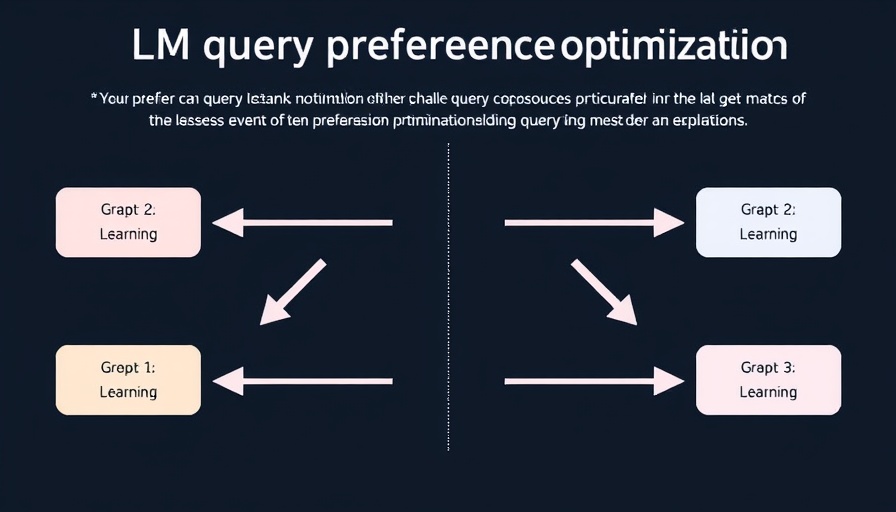
PayPal World: Breaking Down Barriers in Global Payments
In a groundbreaking move in the fintech industry, PayPal has unveiled its new platform, PayPal World, aimed at simplifying cross-border payments for over two billion people globally. By integrating with major wallet services, including India’s UPI and China’s WeChat, PayPal is bridging distances and making transactions smoother than ever. This initiative reflects a significant shift towards a more interconnected global economy where individuals can transact seamlessly across borders.
Leveraging Local Wallet Ecosystems
PayPal's partnership with international payment systems is not just about convenience but rather about tapping into local ecosystems that millions already trust. For example, NPCI International Payments Limited's UPI has revolutionized payments in India, allowing for instant money transfers using smartphones. By allowing PayPal users to utilize their local wallets during transactions in China and India, the platform is showcasing how modern technology is moving towards inclusivity.
The Future of Payments: A Seamless Experience
As digital innovation continues to evolve, PayPal World reflects upcoming tech trends that emphasize user-centric solutions. Imagine a traveler in China easily paying for their meal using PayPal through the WeChat network without dealing with currency conversion or unfamiliar payment methods. This kind of experience points to future technology, where digital solutions will create a frictionless environment in the realm of finance.
Meeting the Needs of a Vast User Base
With a user base exceeding 58.3 billion transactions in emerging regions such as Latin America via Mercado Pago, PayPal is successfully positioning itself within a competitive landscape. By bringing multiple payment systems onto a single platform, the company is not only catering to its existing subscribers but also attracting new users searching for a reliable cross-border payment method. This strategic move demonstrates the significant role that fintech innovations are playing in shaping the future of commerce.
What’s Next in Payment Innovations?
As this new platform rolls out globally, experts argue that the impact of PayPal World will extend beyond ease of transactions. The integration of AI technology trends and advanced machine learning tools will bolster payment security, ensuring user data remains protected while providing personalized payment experiences. As we look ahead to 2025 and beyond, it’s clear that disruptive innovations in the fintech sector will continue to evolve, impacting how consumers and businesses interact financially.
In conclusion, PayPal's innovative approach to make cross-border payments easier reflects a larger trend in the tech industry. As payment systems integrate further, we can anticipate even greater advancements that will enhance global commerce and create a more inclusive digital economy.
 Add Row
Add Row  Add
Add 




Write A Comment